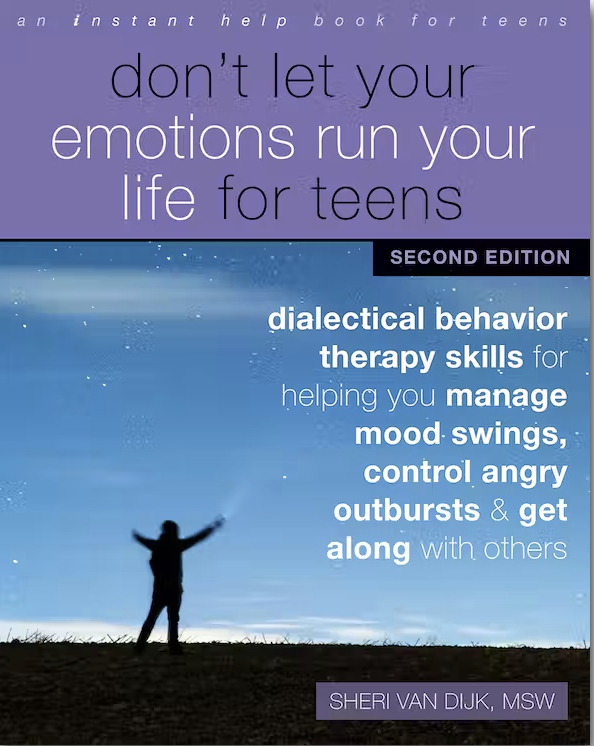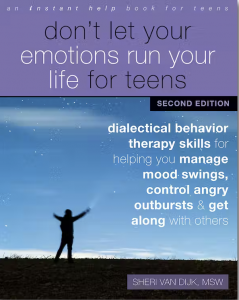9 Tools for Helping Your Child Manage Anxiety
 Many tools can help your children work through anxiety. These are strategies licensed mental health clinicians use with people in therapy, and research has found these strategies to be beneficial in treating and managing anxiety. Read more ›
Many tools can help your children work through anxiety. These are strategies licensed mental health clinicians use with people in therapy, and research has found these strategies to be beneficial in treating and managing anxiety. Read more ›


 Do you occasionally—or maybe more than occasionally— have trouble falling asleep? Try these sleep tips from the University of Washington Medical Center.
Do you occasionally—or maybe more than occasionally— have trouble falling asleep? Try these sleep tips from the University of Washington Medical Center. 
 Self-criticism is a common problem, and not one to be overlooked: the way you talk to yourself plays a vital role in wellbeing. Luckily, the problem of the harsh self-critic is fixable. Below are five ways to help you overcome your inner critic by strengthening your self-compassion and fostering a sense of self-acceptance.
Self-criticism is a common problem, and not one to be overlooked: the way you talk to yourself plays a vital role in wellbeing. Luckily, the problem of the harsh self-critic is fixable. Below are five ways to help you overcome your inner critic by strengthening your self-compassion and fostering a sense of self-acceptance. 
 In this NPR interview, mindfulness expert and psychologist
In this NPR interview, mindfulness expert and psychologist 
 Do you ever hurt your own feelings?
Do you ever hurt your own feelings?
 Emotional self-regulation refers to a person’s ability to manage their emotions and impulses. It is a skill that people learn and develop throughout childhood and adolescence and into adulthood, and it is an important part of overall mental and physical well-being.
Emotional self-regulation refers to a person’s ability to manage their emotions and impulses. It is a skill that people learn and develop throughout childhood and adolescence and into adulthood, and it is an important part of overall mental and physical well-being. 
 High-quality digital resources can play a part in improving and maintaining mental and emotional health. Some are meant to be used independently, and others can be a valuable complement to professional care.
High-quality digital resources can play a part in improving and maintaining mental and emotional health. Some are meant to be used independently, and others can be a valuable complement to professional care.
 If you struggle to manage painful emotions or experiences like stress, anger, and rejection, dialectical behavior therapy (DBT) can help.
If you struggle to manage painful emotions or experiences like stress, anger, and rejection, dialectical behavior therapy (DBT) can help. 
 Now fully revised and updated, this workbook offers proven-effective dialectical behavior therapy (DBT) skills to help you find emotional balance and live the life you want.
Now fully revised and updated, this workbook offers proven-effective dialectical behavior therapy (DBT) skills to help you find emotional balance and live the life you want. 
 Social-emotional learning is about cultivating a deeper care for the self in the present moment. That is something we all can do, and that is something that we should all do.
Social-emotional learning is about cultivating a deeper care for the self in the present moment. That is something we all can do, and that is something that we should all do.

